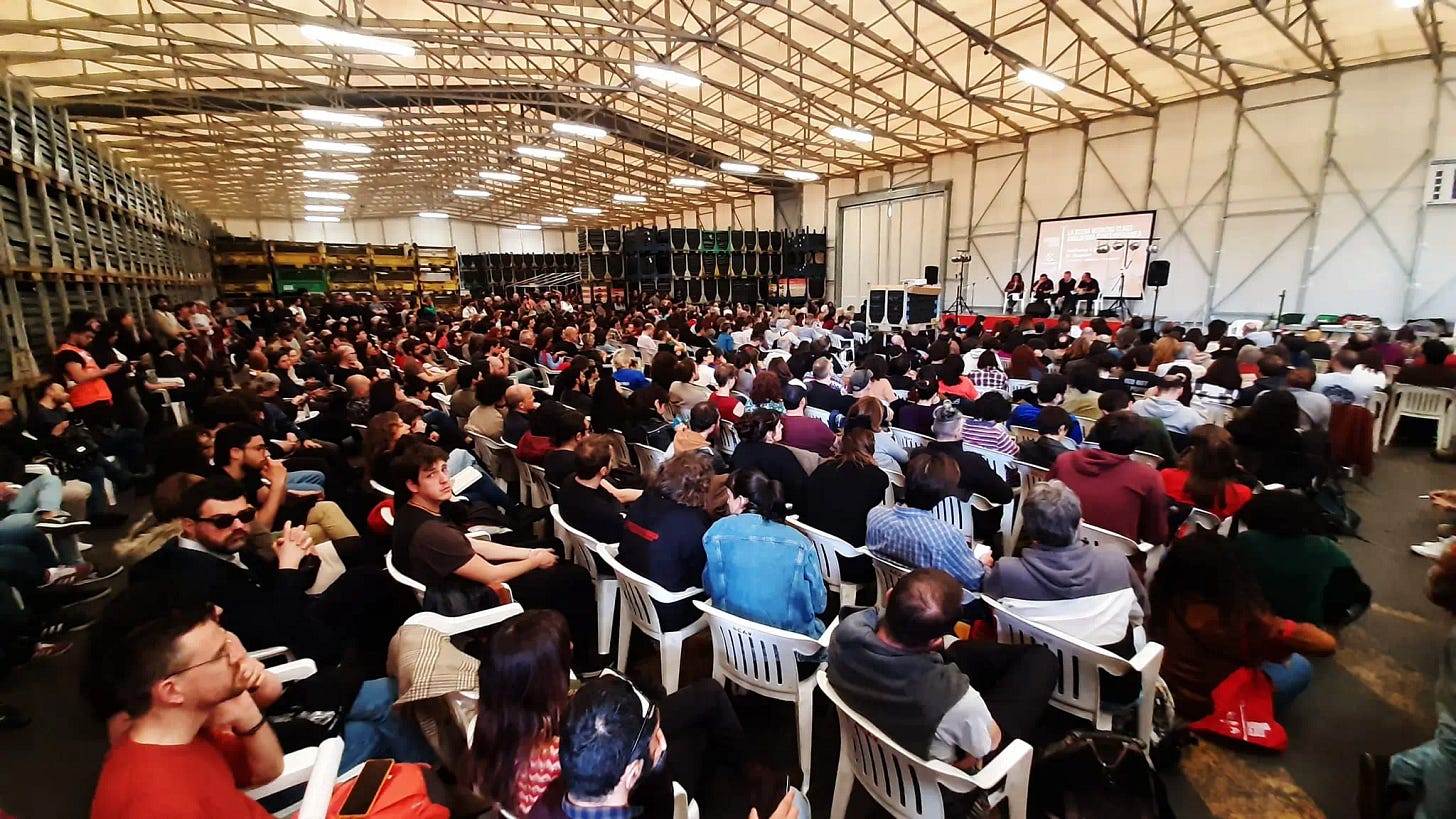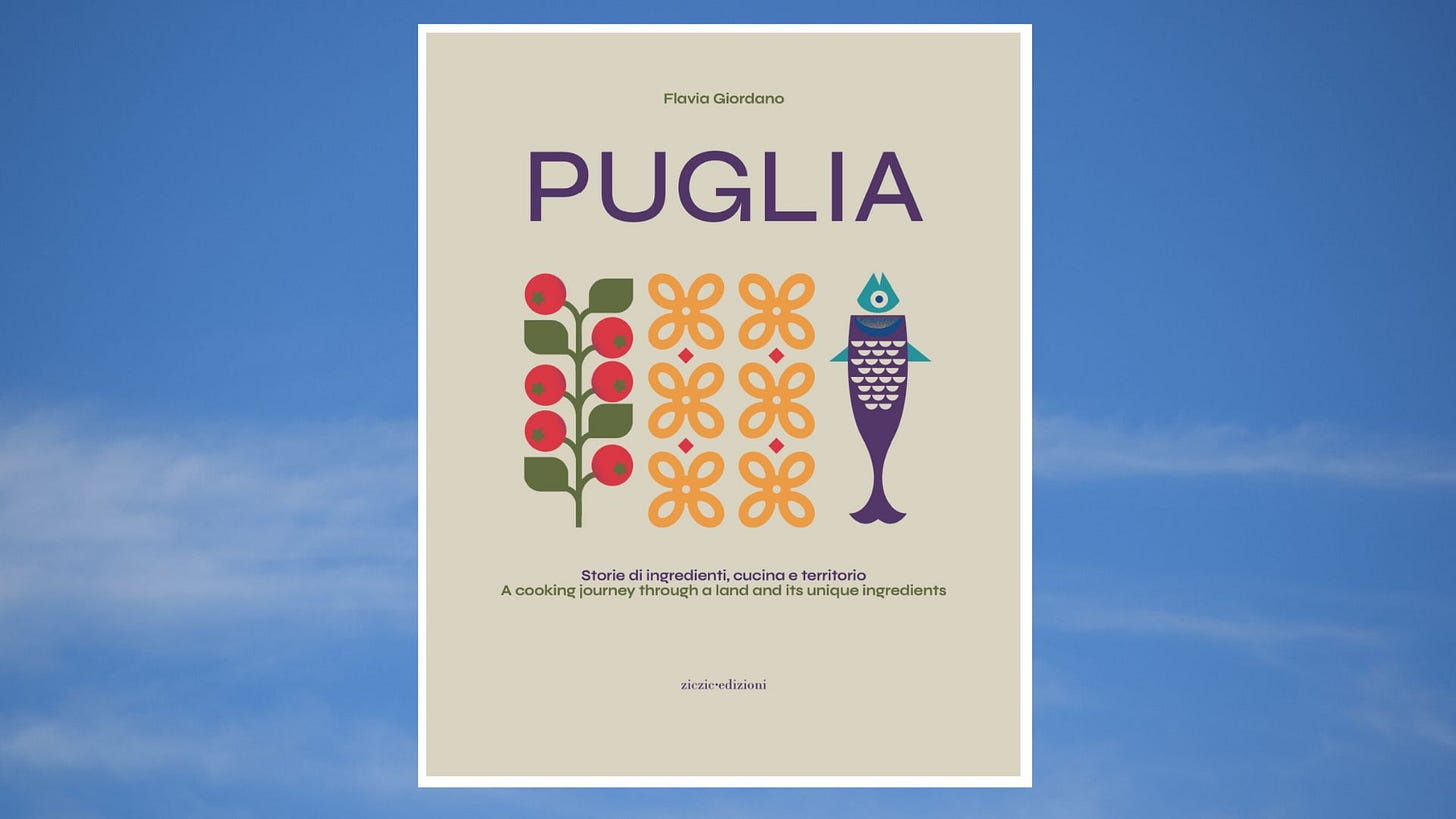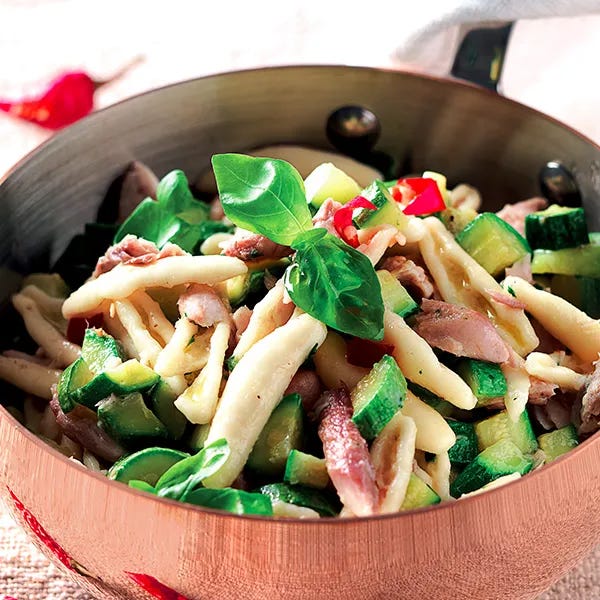Donald Trump’s trade war is gathering momentum. Yesterday evening, as widely anticipated, the U.S. President announced a new round of global tariffs, potentially putting thousands of jobs and livelihoods at risk. PM Meloni has been in emergency meetings all day, and time will only tell what strategy she’ll adopt in navigating the diplomatic and economic fallout. In the meantime, I want to draw attention to a rather direct way in which some Italians have been resisting the new U.S. administration. Last weekend, on 31 March, a group of arsonists set fire to a Tesla dealership on the outskirts of Rome, destroying 17 vehicles in order to protest Elon Musk’s growing influence in Trump’s government. Italian police believe that “anarchist groups” are behind the attack, but for now this remains pure speculation. Unsurprisingly, the political response has been disproportionate. Matteo Salvini has labelled the attack “terrorism,” and his colleague in the Lega, Claudio Borghi, referred to it even more ludicrously as “an attack on all American society.” Italy’s progressives are also split. Some are taking cues from the government; condemning the protest as if it had posed a risk to human lives. Others are gleefully exaggerating the importance of the attack, as if sabotage was a viable route out of our current mess. My view? Let’s keep things in context. Elon Musk is a hideous man. In the past months alone he has tried to poach your data, undermined Ukraine’s war effort and intimidated Italian judges. The Tesla arsonists, by contrast, may have acted inelegantly, but they are not terrorists. This is not the 1970s. Nobody was killed. The legal definition, for accuracy’s sake, is ‘corporate sabotage.’ Will such actions solve the Musk problem? No. Do we need more constructive and widespread opposition? Absolutely. For that to happen, though, progressives of all stripes must avoid being distracted by hyperbolic discourse and maintain focus on the real villain of this story: Musk himself, obviously.
Next up, a more modest but equally valid protest in my view. Last week residents in Florence took peacefully to the streets to express their opposition to a proposed luxury development in piazza Santo Spirito, one of the city’s last genuinely ‘living’ central neighbourhood squares. On 28 March, a group of citizens gathered in the Oltrarno to draw attention to new plans which would see Santo Spirito’s ex-barracks (attached to the church’s cloister) transformed into a luxury private retirement home. This is scandalous. Santo Spirito is one of few areas in Florence’s city centre where residents can still live normal day to day lives. This development is entirely out of tune with the character of the area and represents yet another speculative internationally-oriented investment that is so rampant across the city right now. Local associations on the left, right and centre are calling together for the municipality to intervene and propose an alternative public project in the form of a cultural space and youth centre. I support their proposal and will be heading to future demonstrations to do my small part to amplify the message. Join us if you can. If you don’t live in Florence, check out this extraordinary CNN coverage below which focuses on the personal crusade of a group of Augustinian friars who are willing to risk jail time to have their voices heard. As one of them put it “On the day we hear work starting, we are prepared to occupy the place and close the doors!”
Next up, another Florence story which I hope will be of interest wherever you’re reading this from. Tomorrow evening, the fifth edition of Florence’s working-class literature festival will kick off at the ex-GKN factory in Campi Bisenzio (home to the longest industrial occupation in Italian history.) The event, which takes place over three days, will bring together dozens of writers to discuss urgent issues relating to class, art and literature. There will be panels on poetry and working class identify, on representations of the family, on eco-fiction and post-industrial fiction, and on the indignities of working in the service industry. This year’s line-up is particularly impressive, featuring Alberto Prunetti, author of Down and Out in England and Italy, Claudia Durastanti, author of Strangers I Know, and Janek Gorczyca, a homeless Polish-Italian writer whose fictionalized memoir of life in the street in Rome Storia di mia vita (ITA only) was published by Sellerio last year to critical acclaim. Check out the full programme here for more info on the panels as well as the concerts, DJ sets, and food offerings. Even if you can’t make it, I’d strongly recommend you bookmark the authors mentioned above if you aren’t familiar with their work already. These are some of the most talented writers working in Italy right now, and they deserve a (far) wider readership.
Arts & culture: some (much needed) escapism
Are you feeling tense, stressed, overwhelmed and/or bubbling with nervous energy? Well, I can’t blame you. These are anxious times. One solution that might work for some of you reading is to watch a stupid Italian action movie. And if that sounds up your street, well, I’ve got just the thing. Last week the Italian director Gabriele Mainetti’s latest film La città proibita hit cinemas, and, as inexplicable as it sounds, it is a kung-fu movie set in Rome. Yep, you read that correctly. The plot is right out of a Yuen Woo Ping flick. Mei, a Chinese martial arts prodigy, arrives in Italy to track down her sister who went missing when she was a girl. During her investigation she discovers that a local Chinese restaurant, run by an organized crime syndicate, might have been involved, so the young woman sets out to find answers and get her revenge. The whole thing looks and sounds absolutely ridiculous. There are car chases and high wire fight scenes, not to mention a soppy, melodramatic love story between Mei and a dim-witted trattoria owner named Marcello. What’s not to love? Check out the trailer below and head to your local cinema to catch it on the big screen.
OK, time for something a little more highbrow: Flavia Giordano, the author, food educator and olive oil sommelier, has got a new book out this week dedicated to the food culture of her home region of Puglia. The book, which is simply called Puglia, is, in the author’s words, “a love letter” to the region’s “landscapes, people, and its extraordinary biodiversity.” This is not a recipe book, though Giordano does include a few recipes in the index. Instead, the author’s aim is to offer an overview of the foundations of Puglian cuisine, to document the harvest rituals in different provinces, the myths and legends that underpin the eating culture, and to provide a potted real history of agricultural work. It’s a book about olive trees and olive breeds and olive oil; a book about ancient grains and indigenous grape varieties and heirloom tomatoes. I’ve noticed that for such a popular holiday destination there’s a strange dearth of books about Puglia, so this new release fills a gap in the market and it’s sure to be of interest for any readers that have ever visited or dreamt of visiting this beautiful corner of the country. Read some preview pages here and if you like what you see you can order the book here.
Recipe of the week: cavatelli, sgombri e zucchini
Speaking of Puglian cuisine: here’s a gorgeous Adriatic inspired dish from the team over at La Cucina Italiana. It’s fresh and simple, and it uses just two ingredients plus some store cupboard staples. Perfect, then, if you’re on a budget right now but still want to eat something interesting and flavoursome. The pasta shape is cavatelli, a folded dry pasta which is consumed across south east Italy (but you could use orecchiette or any other short pasta if you prefer.) Whatever you opt for, the key, really, is the sauce. In essence all you have to do here is cook down some zucchini until they’re virtually melting in chili oil. That’s your base. Meanwhile, boil your pasta in salted water, ingeniously infused with a bay leaf, add some tinned mackerel to the vegetables before topping off with as much fresh basil as you’d like. Eat this for lunch, preferably outside on a sunny spring day, for a reminder of the good things in life. This one’s ITA only I’m afraid, but I reckon google translate can handle it in this instance. So here’s the link.
I’m Jamie Mackay, a UK-born, Italy-based writer, working at the interfaces of journalism, criticism, poetry, fiction, philosophy, travelogue and cultural-history. I set up ‘The Week in Italy’ to make a space to share a regular overview of the debates and dilemmas, innovations and crises that sometimes pass under the radar of our overcrowded news feeds, to explore politics, current affairs, books, arts and food. If you’re a regular reader, and you enjoy these updates, I hope you’ll consider becoming a supporter for EUR 5.00 per month. I like to think of it as a weekly catch-up chat over an espresso. Alternatively, if you’d like to send a one-off something, you can do so via PayPal using this link. Grazie!







